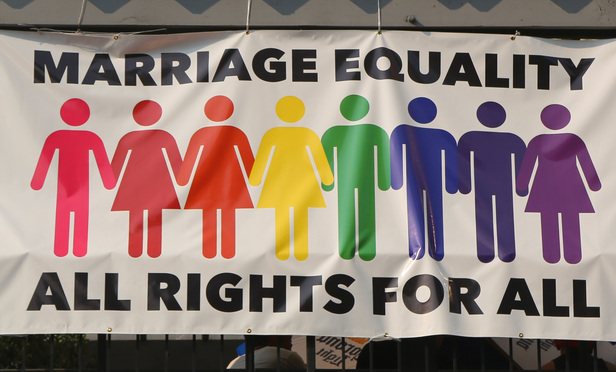Borrowing from #LoveWins, a popular hashtag used in social media, many may call the summer of 2015 the summer that love won.1 On June 26, 2015, the U.S. Supreme Court issued a landmark decision in Obergefell v. Hodges,2 holding that the 14th Amendment requires every state to license a marriage between individuals of the same sex and to recognize such marriages licensed in another state.
On the heels of that decision, the U.S. Equal Employment Opportunity Commission’s Office of Federal Operations3 (EEOC-OFO) announced in a federal sector case, Baldwin v. Department of Transportation,4 that employment discrimination on the basis of sexual orientation is prohibited under Title VII of the Civil Rights Act of 1964. Baldwin caused many to believe that a new protected class—sexual orientation—had been created. A closer analysis of Baldwin, however, reveals that the EEOC did not create a new protected class based on sexual orientation. Further, the EEOC’s decision is not entitled to deference by the federal courts.



